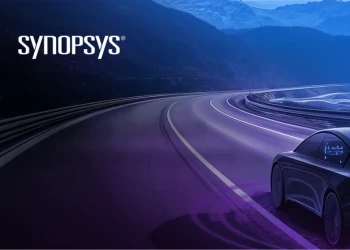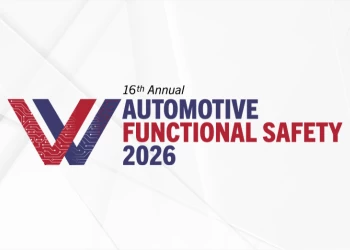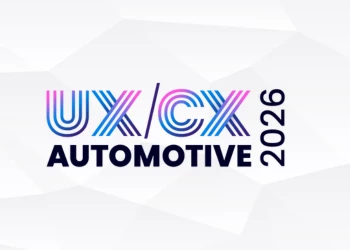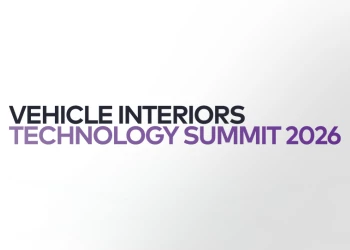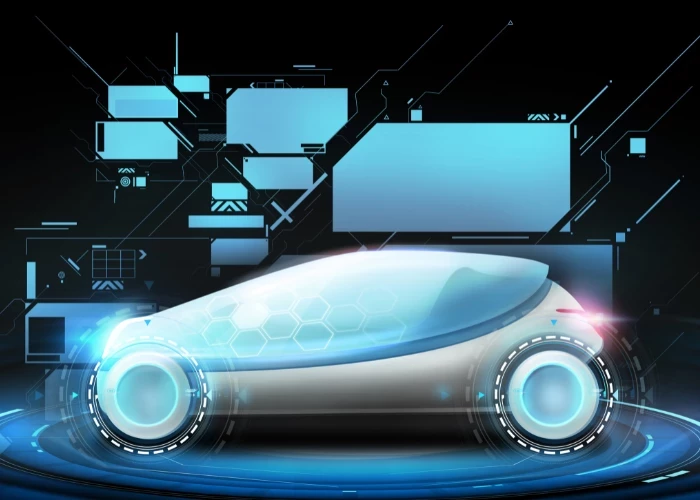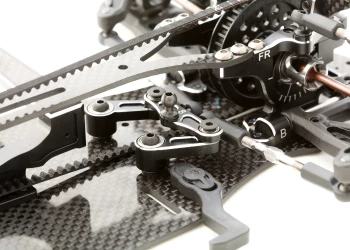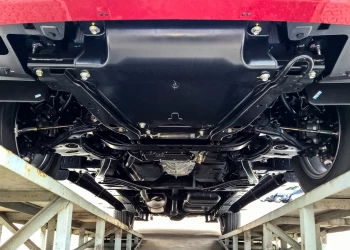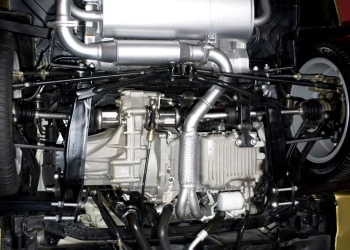Which Trends Will Catapult the Automotive Industry Forward?
Exclusive Interview with Faraday Future’s Senior Vice President Product Execution, Engineering & Manufacturing, Bob Kruse
Add bookmark
We interviewed Bob Kruse, part of the keynote speaker faculty at Automotive IQ’s Next-Generation Modular EV Platforms 2021 conference, taking place online on April 6 & 7, on the greatest challenges and innovations the automotive industry is currently facing, Faraday Future’s approach to EV platforms/architecture, and more.
For the benefit of our readers, the event will bring together pioneering automotive companies and technology providers that are developing modular EV platforms, revolutionizing electric vehicle design & making them future-ready.
Q: Can you tell us a little bit about your role at Faraday Future?
A: I would be happy to do that. I’ve been at FF (Faraday Future) for approx. a year and half and I’m currently the Senior vice president, product execution. I’m responsible for leading the entire product development, engineering and manufacturing teams at FF which means I’m getting our first product, the FF 91 ready for the market. I have over 40 years of experience in the automotive industry including working on engineering teams that produced EVs at both GM and Karma including the Chevrolet Volt and Revero luxury electric vehicle.
Q: From our conversations and industry news, it is clear that state-of-the-art, cost-effective, modular EV platforms have the potential allow for a completely integrated vehicle and allow vehicle manufacturers to achieve better production costs and improved specifications in their vehicles. With a multitude of companies, unveiling cutting-edge modular EV platforms, do you feel the future of EV’s is modular?
A: FF has a unique ultimate-intelligent tech-luxury brand positioning, with products designed for different vehicle segments. Our variable platform architecture – the foundation we’ve designed for multiple EV vehicles, even a Last Mile Delivery vehicle – is incredibly unique in the industry. This gives FF a competitive advantage in speed to market and cost, and allows us to build both premium passenger and high end commercial vehicles.
Q: How similar or different is FF’s approach to EV platforms/architecture to some of the more mainstream automakers?
A: We are starting with a clean slate at FF and are more able to tackle challenges such as autonomous driving, battery range and platform engineering with a novel, uninhibited approach. The keys to FF’s success will be our variable platform architecture, industry leading electric propulsion technology, our internet autonomous driving and intelligence technology, and our manufacturing strategy. FF’s variable platform architecture, or VPA as we call it, is one-of-a-kind in the industry and gives FF a competitive advantage in speed-to-market and production cost. The cornerstone of the VPA is the flexible skateboard that we use as the common base across our products, which provides 60% component carryover. The base is fast, easy and inexpensive to modify for wheelbase, battery size and electric motor power, because there's almost no required validation for these different configurations.
Q: In your opinion, what are some of the biggest challenges that the automotive industry is facing right now? Where do you think the greatest innovation will come from in the near future?
A: There will always be challenges in any industry, its how you approach them that will enable you to be successful or not. We are seeing right now a powerful combination of macro trends driving us towards a sustainable future that will give the EV industry all the fuel it needs. From the growth of conscious consumerism and demand for cleaner cities to inevitable bans on internal combustion engines, we are moving fast towards an electric future. This is a massive market opportunity with trends on the horizon that will catapult this industry.
Q: Your session at Automotive IQ’s Next-Generation Modular EV Platforms 2021 Online event will look at Faraday Future’s variable platform architecture (VPA). Can you share some of the main themes of your talk?
A: Yes, I will share much more detail during the conference, but I just want to share that our variable platform architecture is a flexible “Skateboard” which can be used for a wide variety of different vehicles. It is the common base across our product offerings. It’s easy to scale in wheelbase, battery size and motor-power, without major investments and these adaptions can be very fast, because there’s almost no new validation needed for different configurations. And it makes sure that all derivatives can be easily integrated in our production system. This VPA is absolute unique in the industry and gives us a competitive advantage in speed to market and cost. Lastly, I will also briefly mention our Advanced Internet, Autonomous Driving and Intelligence (I.A.I) Technology as applied to the scalability and modularity of our vehicle platform.
Q: Which topic on the agenda has been peaked your interest the most, and what are you most looking forward to hearing about?
A: It looks to be an extremely interesting and comprehensive look into the state of Modular EV Platforms and I’m looking forward to hearing what everyone has to say regarding how this topic is evolving in our industry. Its truly an exciting time in the EV space and I’m very keen on hearing what insights the other participants have.
Q: Finally, what are your top reasons for why the industry should attend the Next-Generation Modular EV Platforms 2021 online conference, on April 6 & 7?
A: They can see firsthand how innovative companies like FF are revolutionizing the EV marketplace with cutting edge designs, technology and EV platform architecture.

